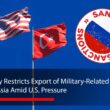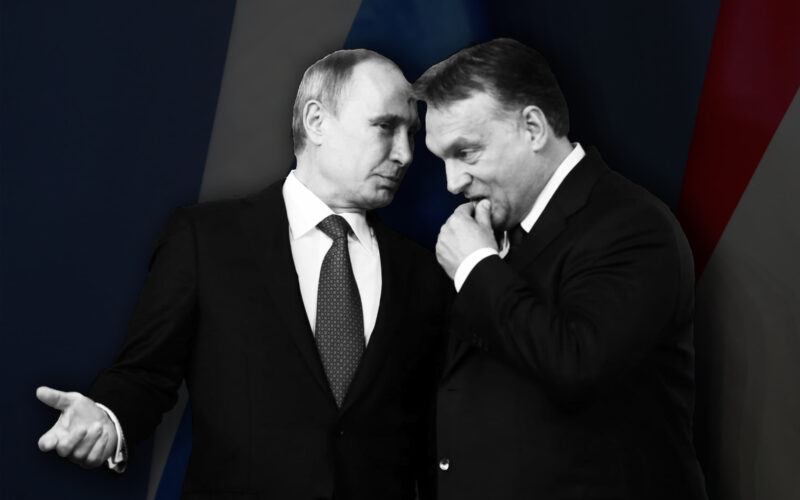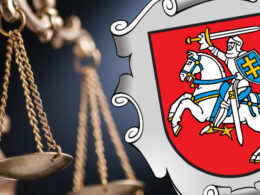Hungarian Prime Minister Viktor Orbán is actively working to redirect Western attention from the ongoing military support for Ukraine towards initiating peace negotiations with Russia, according to the Institute for the Study of War (ISW).
Recently Russian President Vladimir Putin explicitly rejected Russian participation in any meaningful negotiations on a ceasefire agreement, instead demanding Ukraine’s “irreversible” “demilitarisation” as a precondition, thus demanding Ukraine effectively surrender in advance of any ceasefire. Despite this Orbán continues to position himself as a potential mediator. His actions seem designed to weaken European resolve in supporting Ukraine’s defense.
Orbán’s approach is characterized by public statements advocating for peace talks and visits to Kyiv and Moscow, which highlight his divergence from the broader European consensus favoring military aid for Ukraine. His recent diplomatic maneuvers underscore this strategy, aiming to present Hungary as a key player in potential peace negotiations, despite skepticism from other European nations.
Read also: We must not allow Minsk-3 to happen – Stoltenberg on peace talks with Russia
In his interview during the flight back Orbán stated that he is “a friend of peace”. He also explained the reason why he negotiated with Putin – because allegedly he is looking for a “shortest and quickliest way how to stop this war and create a peace”.
Orbán’s stance could influence the political dynamics within the European Union, particularly regarding the bloc’s unified support for Ukraine. By advocating for negotiations, Orbán appears to be leveraging his position to foster a narrative that prioritizes dialogue over military assistance, potentially creating friction within the EU.
Overall, Orbán’s efforts to shift the focus to peace negotiations reflect his broader geopolitical strategy, aiming to balance Hungary’s relationships with both Western allies and Russia. This complex positioning underscores the ongoing challenges within the EU regarding a cohesive approach to the Ukraine conflict. ISW Experts point out that Orbán’s efforts to advance the talks are likely part of his ongoing efforts to shift Europe’s attention to discussions of peace talks rather than discussions of military support for Ukraine.
Read also: Russia Will Remain The Biggest Threat To Security In Europe – German MFA Baerbock
It’s not a secret that Orban has consistently opposed and undermined the European Union’s efforts to provide military assistance to Ukraine, and shifting Europe’s focus away from military aid helps to achieve this broader goal now that Hungary holds the EU Council presidency. Orban’s and others’ calls for talks and the Ukrainian peace formula are different efforts with different goals, and Putin has demonstrated that he is not interested in any agreement short of Ukraine’s surrender.
Meanwhile Ukraine’s ability to continue its own peace process depends on its ability to liberate operationally important territories. Ukraine cannot carry out successful counteroffensive efforts in support of this goal without Western military support in the short and medium term.








